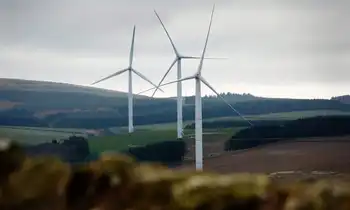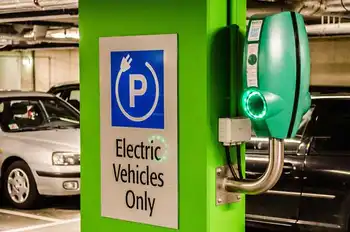Chinese lawmakers call for action on climate change
By Reuters
Substation Relay Protection Training
Our customized live online or in‑person group training can be delivered to your staff at your location.

- Live Online
- 12 hours Instructor-led
- Group Training Available
The positions were laid out in a resolution passed by the Standing Committee of the National People's Congress, or parliament, adding to a flurry of statements on climate change from China, the world's biggest emitter of human-caused greenhouse gases.
"We must strengthen energy-saving and emissions reduction, striving to control emissions of greenhouse gases," said the resolution, urging more support for wind, solar and other forms of clean energy.
China will "draft laws and regulations based on practical circumstances to provide more vigorous legal backing for fighting climate change," said the resolution, which was issued to journalists.
But it also warned wealthy nations not to use the issue of climate change to impose any form of trade protection.
Some U.S. lawmakers have said products from China and other big emitters should face possible adjustment measures if these countries' governments do not do more to curtail greenhouse gas emissions in coming years.
The statement from China's Communist Party-controlled legislature came just over 100 days before nations meet in Copenhagen seeking to agree on a new international pact on global warming.
The NPC is controlled by the ruling Communist Party, and the Standing Committee is the inner council that meets more often than the annual full parliament session. NPC resolutions are political statements that do not have any binding legal force.
The first phase of the Kyoto Protocol expires at the end of 2012 and negotiations on a replacement accord are scheduled to conclude in Copenhagen in December.
China is already the world's biggest producer of greenhouse gas from human activities, especially carbon dioxide from burning fossil fuels such as coal and oil.
These gases absorb infrared radiation originating from the sun, and their growing presence is retaining more heat in the atmosphere and so altering the climate.
China's emissions of greenhouse gases per person are still much lower than the developed world's per capita average, and Beijing has insisted it will not accept mandatory emissions caps in any new agreement. The current Kyoto Protocol does not demand caps for developing countries.











